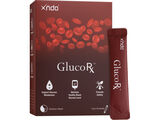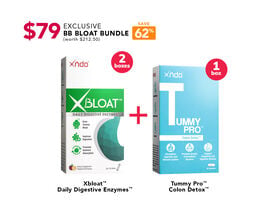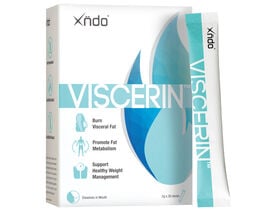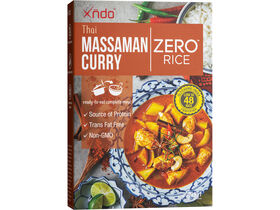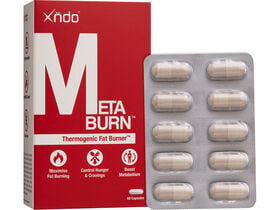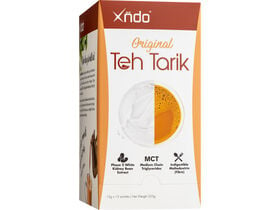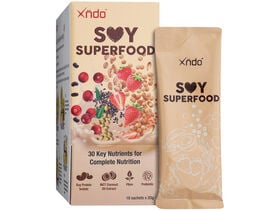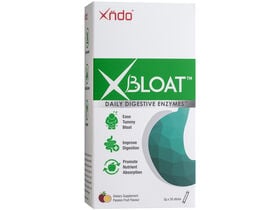The Sweet Danger Of Sugar

There are hidden sugars in what we eat and drink. Here is what you need to know to get sugar-savvy.
Take a minute and think about what you drink in a typical day. Unless you are a true water lover, you will be surprised by how much extra, unnecessary calories you are consuming from your daily beverages like sweetened soft drinks, sodas, iced tea, coffee, and bubble tea. In fact, the recent National Nutrition Survey 2018 showed that sugary drink is the leading source of added sugars in Singaporean’s diet.
The survey found that total daily sugar intake of Singaporeans is 60 grams, on average, which is about 12 teaspoons of sugar. This amount of sugar is more than the Health Promotion Board’s daily recommendation of 45g to 55g (9 to 11 teaspoons) for adults.
What are sugars?
Sugars are simple carbohydrates that occur naturally in a wide range of food such as fruits and vegetables, and dairy. Sugars are also added to food and drinks during food preparation, or processing, or at the table.
These hidden sugars are common pitfalls of a healthy diet. This is because most people are unsure about the amount of sugar they are consuming while enjoying their favourite cup of bubble tea or slurping down a refreshing, sugar-laden soda. For a general guide, below is the sugar content of some common local drinks.
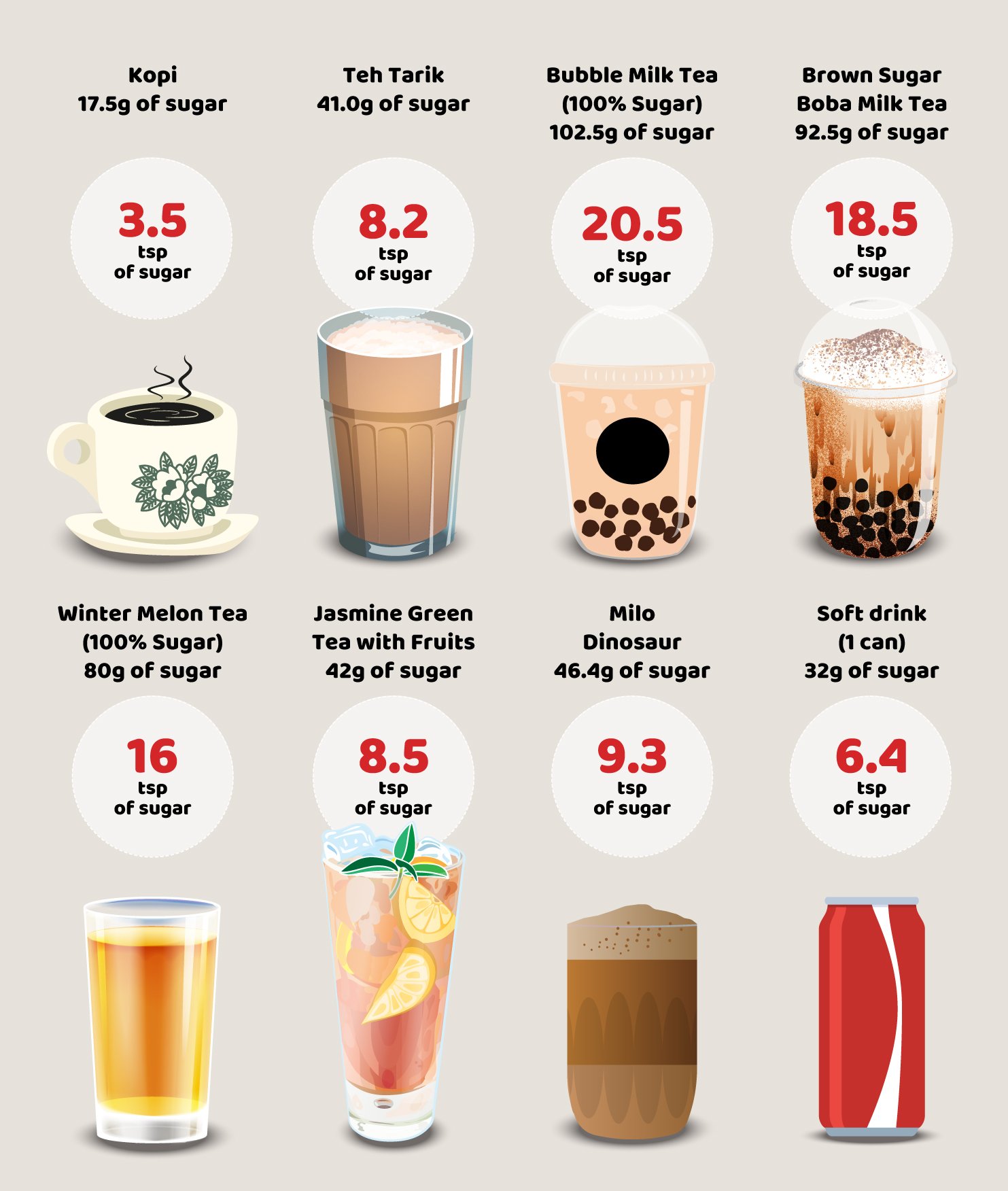
Source: Health Promotion Board & Channel News Asia
An excess sugar intake can cause a blood sugar spike which leads to sugar crash and a corresponding craving for more sugar in your diet. This negative cycle results in a surplus of sugar which then converts into fats and can cause the onset of various health conditions.
The danger of sugars
Here’s a closer look at how sugar can mess with your health, from head to toe.
Brain
Sugar stimulates our brains to release a feel-good chemical called dopamine that makes us crave for more sugary foods.
Heart
High sugar levels in the blood over long periods of time damages the walls of our blood vessels.
Liver
Sugar and carb-rich foods is metabolised in the liver to be stored as fats. Too much of it causes a build-up that can damage the liver.
Weight
Excess sugar is converted into fat and this leads to unhealthy weight gain.
Be Sugar Savvy
Keeping tabs on how much sugar you are consuming is an important part of a healthy lifestyle. According to the Singapore Ministry of Health, drinking an additional 250ml of sugar-sweetened beverages every day increases a person’s risk of diabetes by 26 percent.
The WHO recommends one’s sugar consumption should be no more than 10 percent of your daily energy intake. For most adults, that’s about 10 teaspoons of sugar based on a 2000 daily calorie intake. Nonetheless, a further reduction to five percent of total energy intake, or about 25 grams (5 teaspoons) of sugar per day, can bring about a number of additional health benefits.
3 Ways to Reduce Your Daily Sugar Intake
Check Food Labels
Start by checking how much sugar there is on the nutrition information panel of your favourite drinks before making your way to the checkout point. Always look out for unsweetened, reduced-sugar options for your favourite drinks and foods! You can also reach for drinks labelled with the HPB Healthy Choice Symbol which typically contain at least 25 percent less sugar than regular sweetened beverages.
Replace Sugar with Sugar Alternatives
Cutting down on sugar does not mean you cannot enjoy your favourite soda, pre-packaged drink or cup of morning coffee. Choosing drinks that use sugar alternatives in place of regular sugar can help you reduce the amount of sugar in your diet. There are plenty of beverages that use sugar alternatives like allulose, isomaltulose, or sweeteners like stevia and sucralose which contain fewer or zero calories that do not spike your blood glucose levels. They are ideal for weight management individual and suitable for people with type 2 diabetes.
Take Glucose Management Supplements
Sometimes, all we need is a little extra help! For the days when we do give in to sugary temptations, consider taking glucose management supplement such as Xndo GlucoRX which contains a high potency of Bitter Melon Extract and Banaba Leaf that can help with glucose utilisation, while reducing the glucose absorption to prevent sugar spikes after meals. The formula also contains a blend of nutrients and herbs that are effective for glucose metabolism. Another great option would be Xndo Xcarb CarbCut, a delicious, raspberry and grape flavoured supplement drink that help block the digestion and absorption of carbohydrates. The best thing is it tastes really good!
Now that you are sugar-savvy, there is no excuse to reducing your sugar intake.
